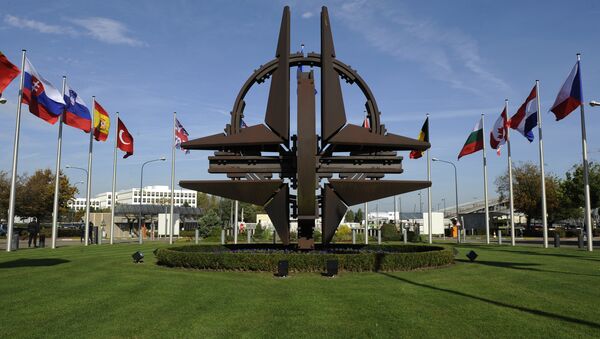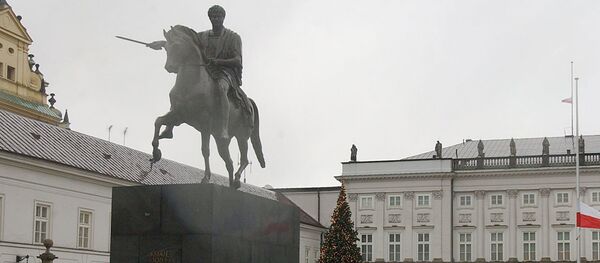WASHINGTON (Sputnik) — US media reported last week, citing unnamed officials, that NATO was considering inviting Russia to the first formal talks since 2014. German Foreign Minister Frank-Walter Steinmeier, furthermore, said he was in favour of renewing the NATO-Russia Council (NRC).
"Many NATO members believe that it is important to start talking again [with Russia], even if the initial substance is lacking, as that has some value in and of itself," Woodrow Wilson Center scholar Michael Kofman told Sputnik. "Both sides wish to unload risk from the currently tense relationship."
Kofman added that these discussions should not be seen as a step toward repairing severed ties, and it is not clear that Russia or many NATO members actually value the NRC.
"The overall objective for NATO will be to improve transparency, and reduce the risk of miscalculation in the conduct of exercises and military activities by both sides," Kofman noted.
NATO will be most interested, Kofman suggested, in discussing Russian air overflights in Europe, snap exercises and the management of incidents such as when Turkey shot down Russia's Su-24 fighter jet late last year.
Korb explained that after the Cold War, the Russian-NATO agreement enabled Moscow to have a representative at the Alliance during the 1990s.
"I remember when I would go to NATO headquarters, the Russians might as well have been a member of NATO," Korb said.
Russia and NATO talking through issues, Korb suggested, diminishes the chance that problems will get "out of hand."
The NRC was established at the NATO-Russia Summit in Rome on May 28, 2002 as a formal basis for NATO-Russian relations.
In April 2014, NATO foreign ministers announced that they had suspended indefinitely all practical civilian and military cooperation with Russia, following the start of the Ukraine crisis.
NATO has been building up its presence in Eastern Europe since Crimea's reunification with Russia in March 2014, in response to what it terms as Moscow's aggressive foreign policy.
Russia has repeatedly refuted allegations of aggressive policy and warned that NATO's heightened activities near its borders are provocative and undermine regional stability.


